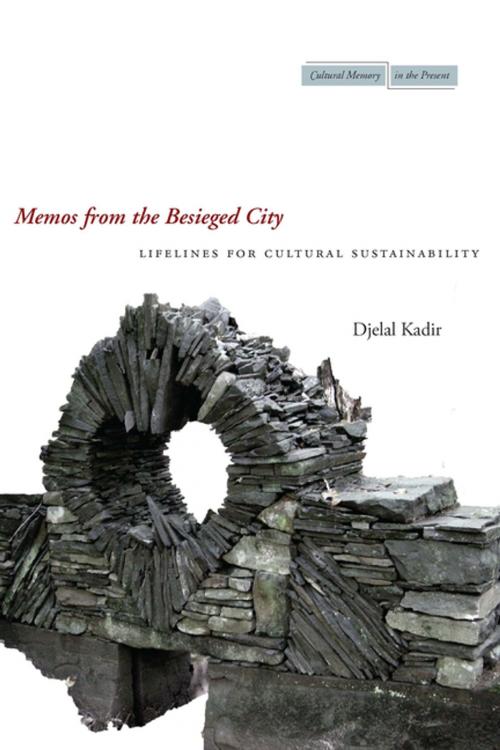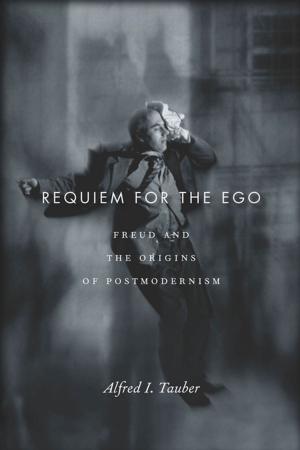Memos from the Besieged City
Lifelines for Cultural Sustainability
Fiction & Literature, Literary Theory & Criticism| Author: | Djelal Kadir | ISBN: | 9780804775779 |
| Publisher: | Stanford University Press | Publication: | September 13, 2010 |
| Imprint: | Stanford University Press | Language: | English |
| Author: | Djelal Kadir |
| ISBN: | 9780804775779 |
| Publisher: | Stanford University Press |
| Publication: | September 13, 2010 |
| Imprint: | Stanford University Press |
| Language: | English |
Memos from the Besieged City argues for the institutional and cultural relevance of literary study through foundational figures, from the 1200s to today, who defied precarious circumstances to make significant contributions to literacy and civilization in the face of infelicitous human acts. Focusing on historically vital crossroads—Baghdad, Florence, Byzantium, Istanbul, Rome, Paris, New York, Mexico City, Jerusalem, Beijing, Stockholm, Warsaw—Kadir looks at how unconventional and nonconformist writings define literacy, culture, and intellectual commitment. Inspired by political refugee and literary scholar Erich Auerbach's path-breaking Mimesis, and informed by late twentieth-century ideological and methodological upheavals, the book reflects on literacy and dissidence at a moment when literary disciplines, canons, and theories are being reassessed under the pressure of globalization and transculturation. At the forefront of an ethical turn in the comparative analysis of cultures and their literary legacies, it reminds us of the best humanity can produce.
Memos from the Besieged City argues for the institutional and cultural relevance of literary study through foundational figures, from the 1200s to today, who defied precarious circumstances to make significant contributions to literacy and civilization in the face of infelicitous human acts. Focusing on historically vital crossroads—Baghdad, Florence, Byzantium, Istanbul, Rome, Paris, New York, Mexico City, Jerusalem, Beijing, Stockholm, Warsaw—Kadir looks at how unconventional and nonconformist writings define literacy, culture, and intellectual commitment. Inspired by political refugee and literary scholar Erich Auerbach's path-breaking Mimesis, and informed by late twentieth-century ideological and methodological upheavals, the book reflects on literacy and dissidence at a moment when literary disciplines, canons, and theories are being reassessed under the pressure of globalization and transculturation. At the forefront of an ethical turn in the comparative analysis of cultures and their literary legacies, it reminds us of the best humanity can produce.















